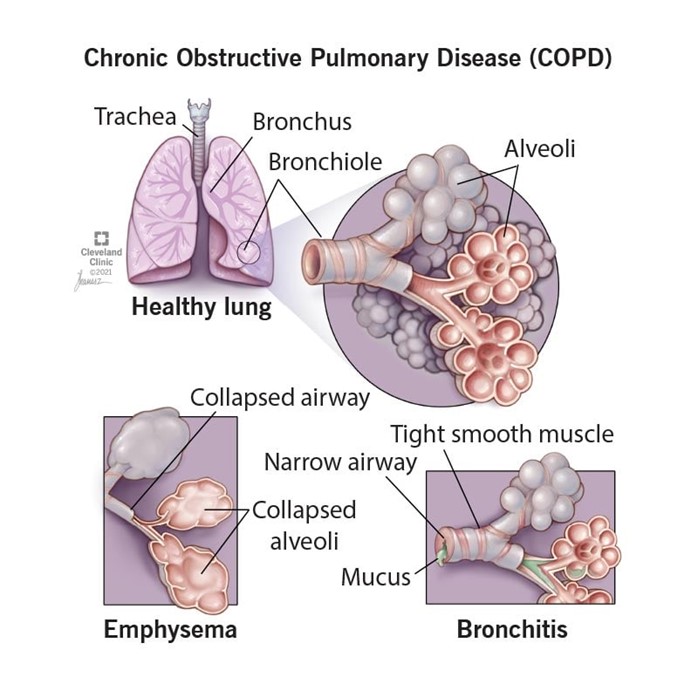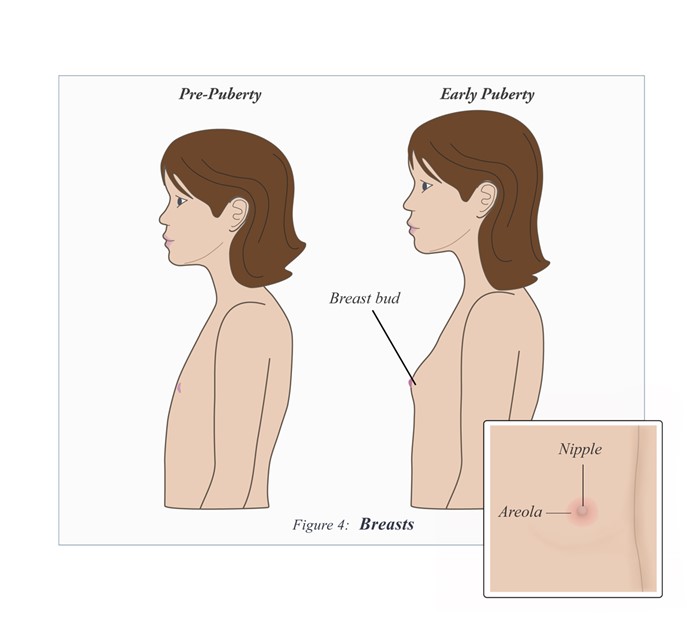A nurse is reviewing contraception options for four clients. The nurse should identify that which of the following clients has a contraindication for receiving oral contraceptives.
A 26-year-old client who has migraine headaches at the start of each menstrual cycle
A 28-year-old client who has a history of pelvic inflammatory disease
A 32-year-old client who has benign breast disease
A 38-year-old client who reports smoking one pack of cigarettes every day
The Correct Answer is D
Choice A: A 26-year-old client who has migraine headaches at the start of each menstrual cycle is not the correct answer because they do not have a contraindication for receiving oral contraceptives. Oral contraceptives are pills that contain synthetic hormones (estrogen and progestin) that prevent ovulation and pregnancy. They can also help reduce menstrual cramps, bleeding, and migraines in some women. However, oral contraceptives may increase the risk of stroke in women who have migraines with aura (visual disturbances), so they should be used with caution and under medical supervision.
Choice B: A 28-year-old client who has a history of pelvic inflammatory disease is not the correct answer because they do not have a contraindication for receiving oral contraceptives. Pelvic inflammatory disease is an infection that affects the female reproductive organs, such as the uterus, fallopian tubes, or ovaries. It can be caused by various bacteria, such as chlamydia or gonorrhea, and can lead to infertility, ectopic pregnancy, or chronic pelvic pain if left untreated. Oral contraceptives can help prevent pelvic inflammatory disease by creating a thick cervical mucus that blocks the entry of bacteria into the uterus.
Choice C: A 32-year-old client who has benign breast disease is not the correct answer because they do not have a contraindication for receiving oral contraceptives. Benign breast disease is a term that refers to various noncancerous conditions that affect the breast tissue, such as fibrocystic changes, fibroadenomas, or mastitis. They can cause symptoms such as breast pain, tenderness, or lumps. Oral contraceptives can help reduce the symptoms of benign breast disease by regulating the hormonal fluctuations that influence breast tissue growth.
Choice D: A 38-year-old client who reports smoking one pack of cigarettes every day is the correct answer because they have a contraindication for receiving oral contraceptives. Smoking is a habit that involves inhaling tobacco smoke, which contains harmful substances such as nicotine, tar, or carbon monoxide. Smoking can increase the risk of various diseases such as lung cancer, chronic obstructive pulmonary disease (COPD), or cardiovascular disease. Oral contraceptives can further increase the risk of cardiovascular disease in smokers, especially those who are over 35 years old, by increasing blood pressure, cholesterol levels, and clotting factors. Therefore, oral contraceptives are not recommended for smokers and alternative methods of contraception should be used instead.

Nursing Test Bank
Naxlex Comprehensive Predictor Exams
Related Questions
Correct Answer is A
Explanation
Choice A: "Information about a client can be disclosed to family members at any time." This statement indicates a need for further teaching because it is false and violates HIPAA. HIPAA protects the privacy and security of clients' health information and limits who can access or share it without their consent. Information about a client can only be disclosed to family members if they are involved in the client's care or payment, or if the client gives permission.
Choice B: "HIPAA established regulations of individually identifiable health information in verbal, electronic, or written form." This statement does not indicate a need for further teaching because it is true and reflects HIPAA. HIPAA defines individually identifiable health information as any information that relates to the past, present, or future physical or mental health or condition of an individual; the provision of health care to an individual; or the past, present, or future payment for the provision of health care to an individual; and that identifies the individual or for which there is a reasonable basis to believe it can be used to identify the individual.
Choice C: "HIPAA is a federal law, not a state law." This statement does not indicate a need for further teaching because it is true and reflects HIPAA. HIPAA is a federal law that was enacted in 1996 by Congress and signed by President Clinton. It applies to all states and territories of the United States. However, some states may have additional or stricter laws that protect clients' health information.
Choice D: "A client's address would be an example of personally identifiable information." This statement does not indicate a need for further teaching because it is true and reflects HIPAA. HIPAA lists 18 identifiers that can be used to identify an individual, such as name, address, phone number, email address, social security number, medical record number, or biometric identifiers. A client's address is one of these identifiers and must be protected under HIPAA.

Correct Answer is D
Explanation
Choice A: Growth spurt is not the correct answer because it is not the first event that occurs in female puberty. The growth spurt is a period of rapid increase in height and weight that usually occurs between 10 and 14 years of age in girls. It is influenced by various factors such as genetics, nutrition, and hormones. Growth spurt usually follows the development of breast buds and pubic hair by about 6 to 12 months.
Choice B: Evidence of pubic hair is not the correct answer because it is not the first event that occurs in female puberty. Evidence of pubic hair is the appearance of coarse, curly, and pigmented hair on the pubic area and around the genitals. It usually occurs between 8 and 13 years of age in girls. It is caused by the increased production of androgens (male hormones) by the adrenal glands and ovaries. Evidence of pubic hair usually follows the development of breast buds by about 3 to 6 months.
Choice C: Onset of menses is not the correct answer because it is not the first event that occurs in female puberty. The onset of menses is the beginning of menstrual cycles, which are regular changes in the female reproductive system that prepare the body for pregnancy. It usually occurs between 10 and 15 years of age in girls. It is caused by the maturation of the hypothalamus, pituitary gland, ovaries, and uterus, which regulate the levels of estrogen and progesterone (female hormones). The onset of menses usually follows the development of breast buds and pubic hair by about 2 to 3 years.
Choice D: Development of breast buds is the correct answer because it is the first event that occurs in female puberty. Development of breast buds is the enlargement and elevation of the nipples and areolas (dark circles around the nipples), which indicate the beginning of breast growth. It usually occurs between 8 and 12 years of age in girls. It is caused by the increased production of estrogen (female hormone) by the ovaries, which stimulates the growth of ducts (tubes) and lobules (glands) in the breast tissue. The development of breast buds is also called thelarche or breast stage 2.

Whether you are a student looking to ace your exams or a practicing nurse seeking to enhance your expertise , our nursing education contents will empower you with the confidence and competence to make a difference in the lives of patients and become a respected leader in the healthcare field.
Visit Naxlex, invest in your future and unlock endless possibilities with our unparalleled nursing education contents today
Report Wrong Answer on the Current Question
Do you disagree with the answer? If yes, what is your expected answer? Explain.
Kindly be descriptive with the issue you are facing.
